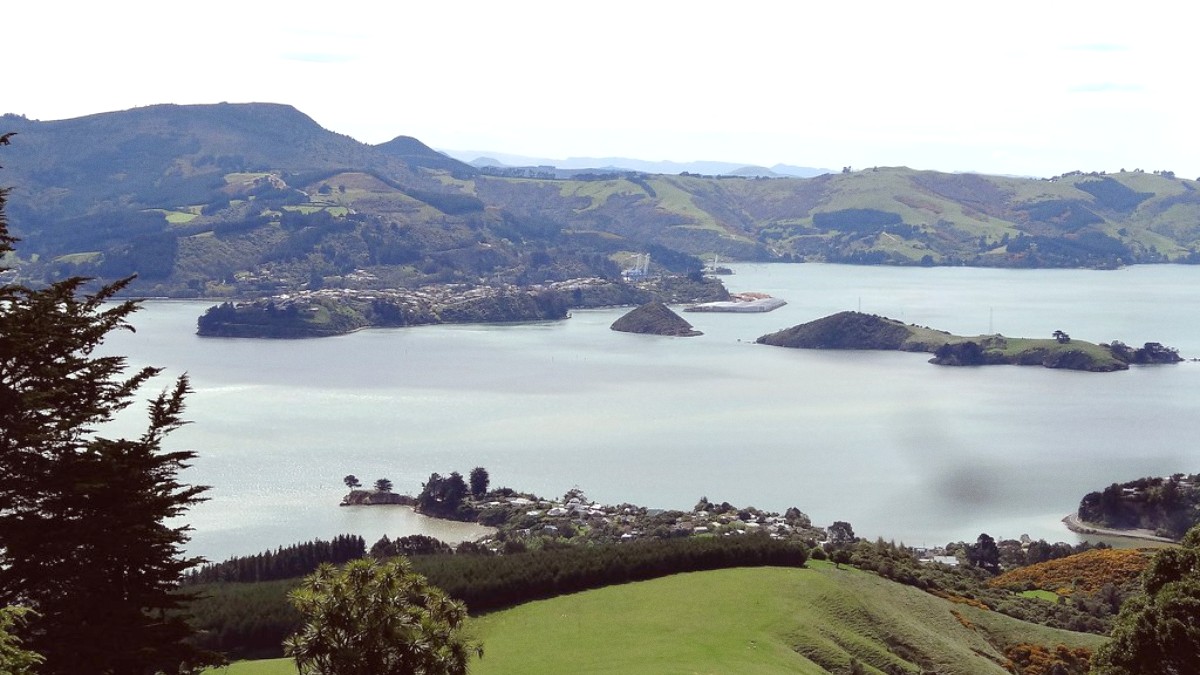
Dunedin And Otago, New Zealand
Support conservation efforts and minimize your environmental footprint in pristine landscapes.
Engage respectfully with Māori heritage and local communities.
Direct your spending to local businesses and ethically sourced products.
New Zealand values its pristine environment. Your actions support its preservation and the health of its unique ecosystems.
Dunedin sits near the Otago Peninsula, a region rich in protected wildlife. Support conservation by choosing reputable tour operators adhering to viewing guidelines.
New Zealand maintains good recycling infrastructure. Be mindful of water usage, specifically during summer drought periods.
Consider offsetting your flight emissions if this aligns with your values. Some airlines offer this directly during booking.
Look for businesses displaying environmental certifications or clear commitments to sustainable practices.
Learn about and support local organizations dedicated to protecting Dunedin's environment.
Access guides for responsible travel practices specific to New Zealand.
Your mindful actions directly foster the health and longevity of New Zealand's unique natural environment. Every small effort creates a collective positive impact.
Be respectful of Māori culture, a core part of New Zealand's identity. Learning a few basic Māori phrases shows respect.
When visiting Māori cultural sites like a marae, follow local customs and guidance carefully. Remove shoes before entering.
Always ask for permission before photographing Māori individuals, notably during cultural performances or ceremonies. Be mindful of privacy in all interactions.
Dress modestly when visiting churches or other places of worship. Maintain a quiet and respectful demeanor inside these sacred spaces.
Make certain your actions avoid harmful practices and contribute positively to local well-being.
Do not participate in activities that exploit animals or people.
Choose wildlife tours prioritizing animal welfare and conservation.
Contribute to reputable local conservation trusts or community organizations.
Engaging respectfully with local culture enriches your travel experience and fosters positive connections with the people of Dunedin and New Zealand.
Your visit significantly strengthens the local economy and community well-being. Thoughtful choices empower local livelihoods.
Support local businesses and tour operators that directly benefit the local community. This keeps economic benefits within Dunedin.
Look for products that are locally made and ethically sourced. Purchase directly from artisans or small local shops.
Choose local cafes, restaurants, and shops over international chains when possible. This keeps money circulating within the local economy.
Avoid activities that exploit animals or local people. Choose wildlife tours prioritizing animal welfare, conservation, and research.
Make conscious decisions that contribute positively to the destination.
Choose tours that safeguard the well-being of wildlife, focusing on observation, not interaction.
Support businesses with fair labor practices and transparent operations.
Donate to reputable local charities or conservation efforts, such as The Rainforest Site.
Avoid any activities that exploit animals or local people. Do not participate in illegal trade of protected species or cultural artifacts. Report suspicious activity.
Your choices as a traveler hold power. By embracing sustainable and responsible practices, you protect Dunedin's environment and support its community for future visitors.